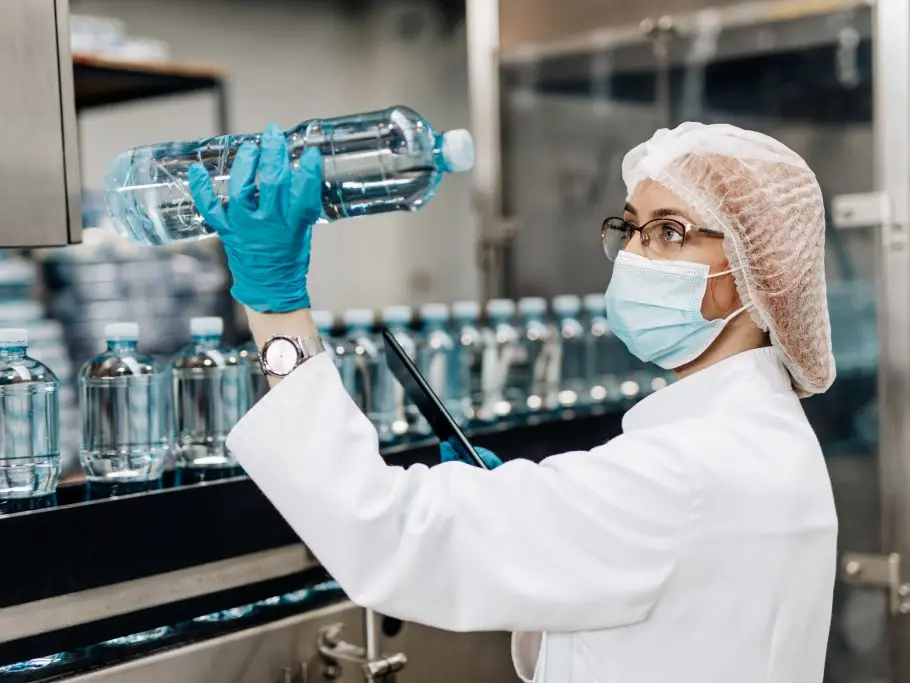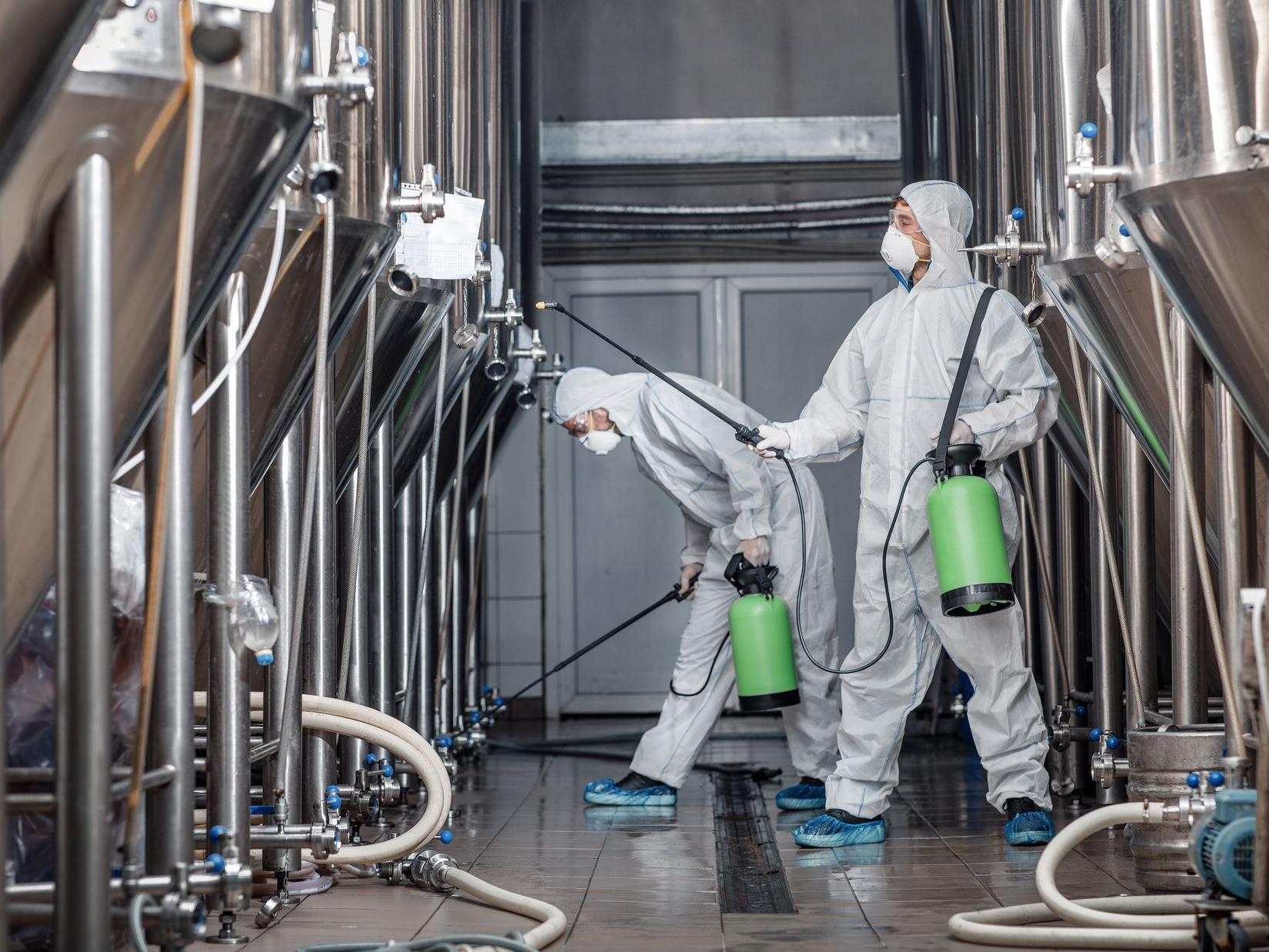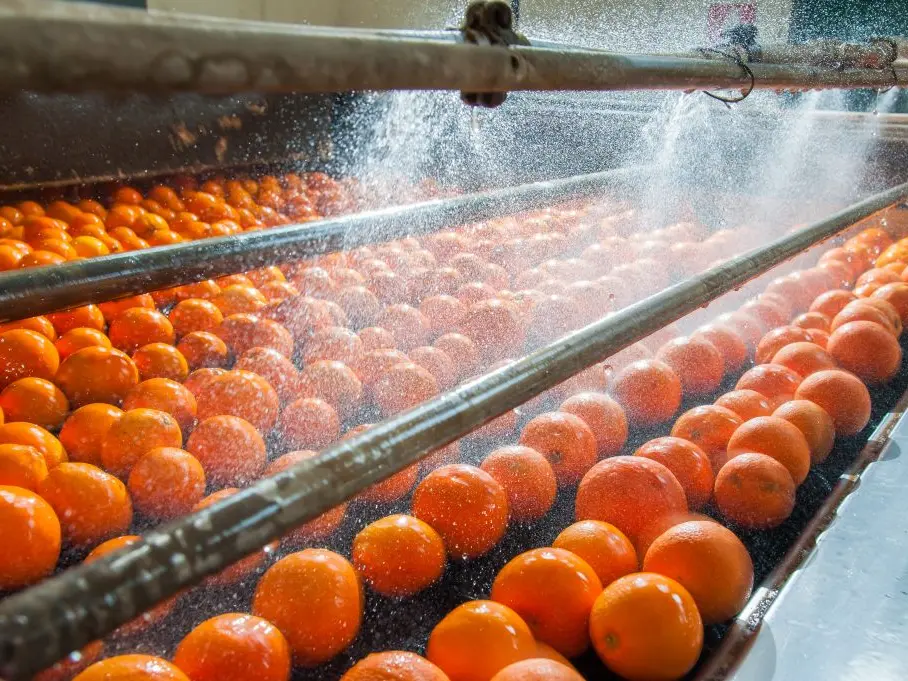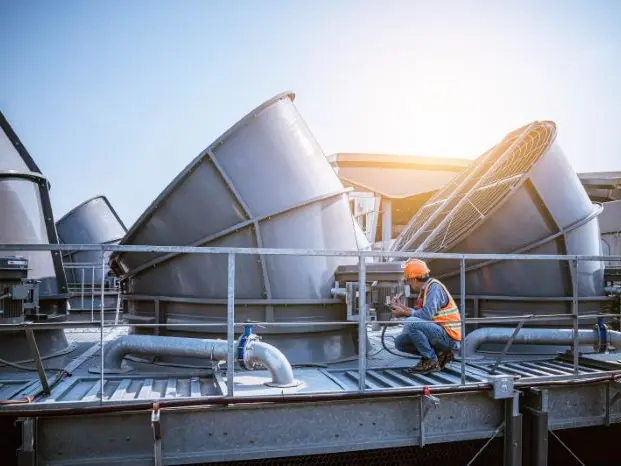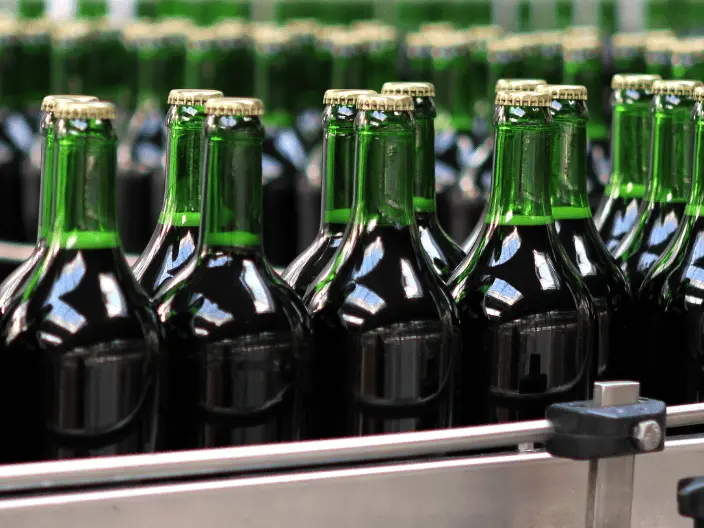Water is a vital resource across industries, from cosmetics and food & beverages (F&B) to automotive and textile manufacturing. As businesses move toward sustainability, water reuse and recycling have become key components of their environmental goals. Leading companies like L'Oréal Group and Carlsberg have set ambitious goals to manage water sustainability but ensuring the quality of reused water remains a critical challenge.
The Growing Importance of Water Reuse
Industries are under increasing pressure to minimize water consumption due to environmental concerns, regulatory requirements, and the growing demand for sustainable production practices. Water recycling and reuse help companies reduce costs and their environmental impact. Reusing water can significantly lower consumption levels and water discharge from cooling or washing processes in the automotive industry or clean-in-place (CIP) procedures in F&B operations, and many more.
But with great opportunity comes a challenge: ensuring that the water used in these processes meets the necessary quality standards, without negative impact from microbiological contamination. Compromising on water quality will result in unplanned maintenance, operational inefficiencies, production delays, and, in the worst case, product quality deficiencies, contamination and recalls.
The Challenge: Microbiological Contamination and Slow Testing Methods
For production sites that operate water recirculation systems, controlling microbiological contamination is crucial. Contaminated water can impact product quality, cause equipment damage, and introduce safety risks, especially in sectors like cosmetics, F&B, and pharmaceuticals. Traditional water quality testing methods, although effective, are often slow and thus unable to provide the immediate, actionable insights that industries need to maintain continuous and safe operations.
In industries like F&B, where CIP processes rely on water for cleaning equipment, ensuring the absence of microbial contamination is essential. However, the typical water quality testing process can be very tedious and time-consuming. With slow culture-based methods, results can take days, leading to potential disruptions or delays in production lines.
Rapid Water Quality Analysis with rqmicro.COUNT Flow Cytometer
To overcome these challenges, companies need faster and more accurate
solutions to analyze water quality. The rqmicro.COUNT flow cytometer provides a cutting-edge technology for rapid and reliable water quality analysis. The rqmicro platform allows industries to test for microbiological contamination in real-time, at different sampling locations, providing quantitative results within minutes rather than days.
Key Benefits of rqmicro.COUNT:
- Rapid Analysis: Quantitative results for water quality in less than 30 minutes.
- Intact Cell Count (ICC): The technology focuses on detecting intact cells, providing a more accurate valuation of viable microorganisms in water.
- Increased Efficiency: By using rqmicro.COUNT, companies can optimize their water reuse processes, avoid unnecessary production delays, and ensure product safety and conformity.
- Comprehensive Data: The Cloud Solution generates detailed reports on water quality, making it easier to monitor trends, prevent contamination, and take corrective action swiftly.
Industries like cosmetics, automotive, and F&B can benefit significantly from rqmicro’s rapid analysis capabilities, ensuring water quality is consistently safe for reuse in production processes. For companies who seek to reuse water in their CIP systems, this technology offers an effective and reliable way to maintain hygiene standards.
Ready to Improve Your Water Testing Process Quality Analysis?
If your company is committed to water sustainability and looking for fast, accurate, and reliable testing methods, explore how the rqmicro.COUNT flow cytometer can revolutionize your water analysis process. Contact us today for a demo and discover how to ensure the highest quality of water reuse in your operations.
